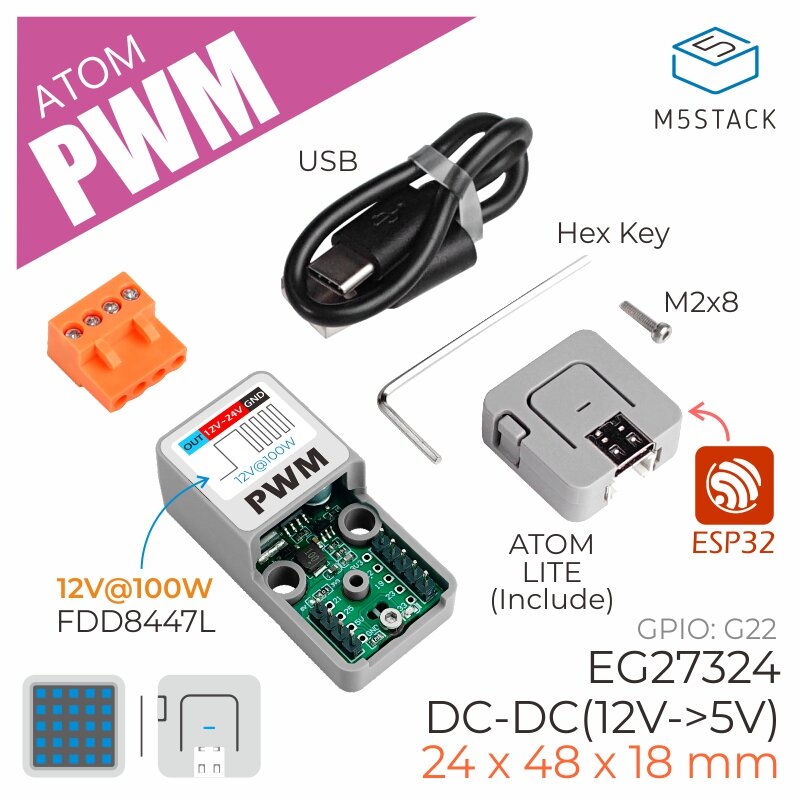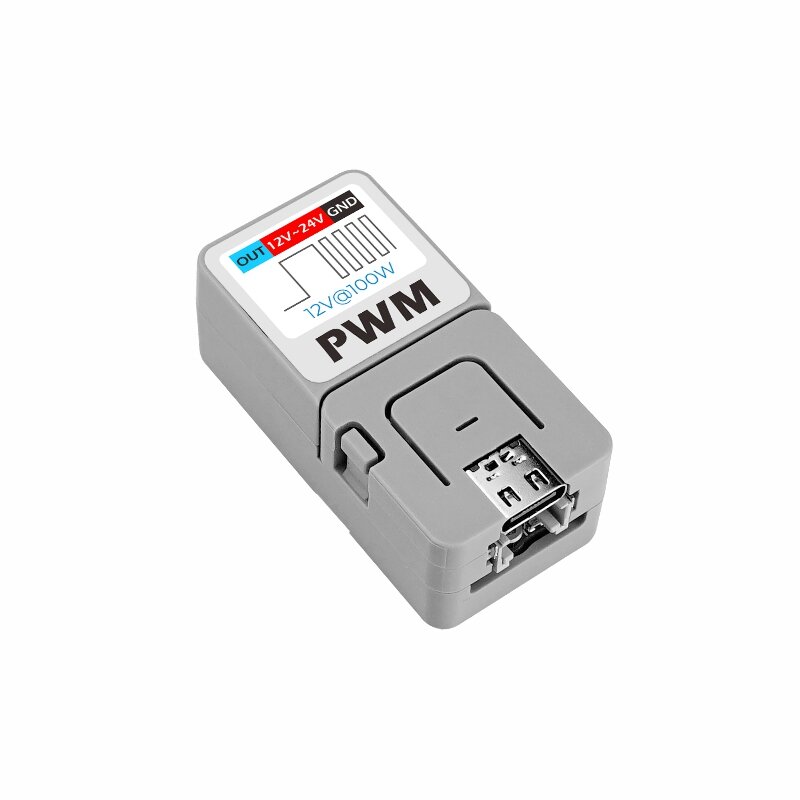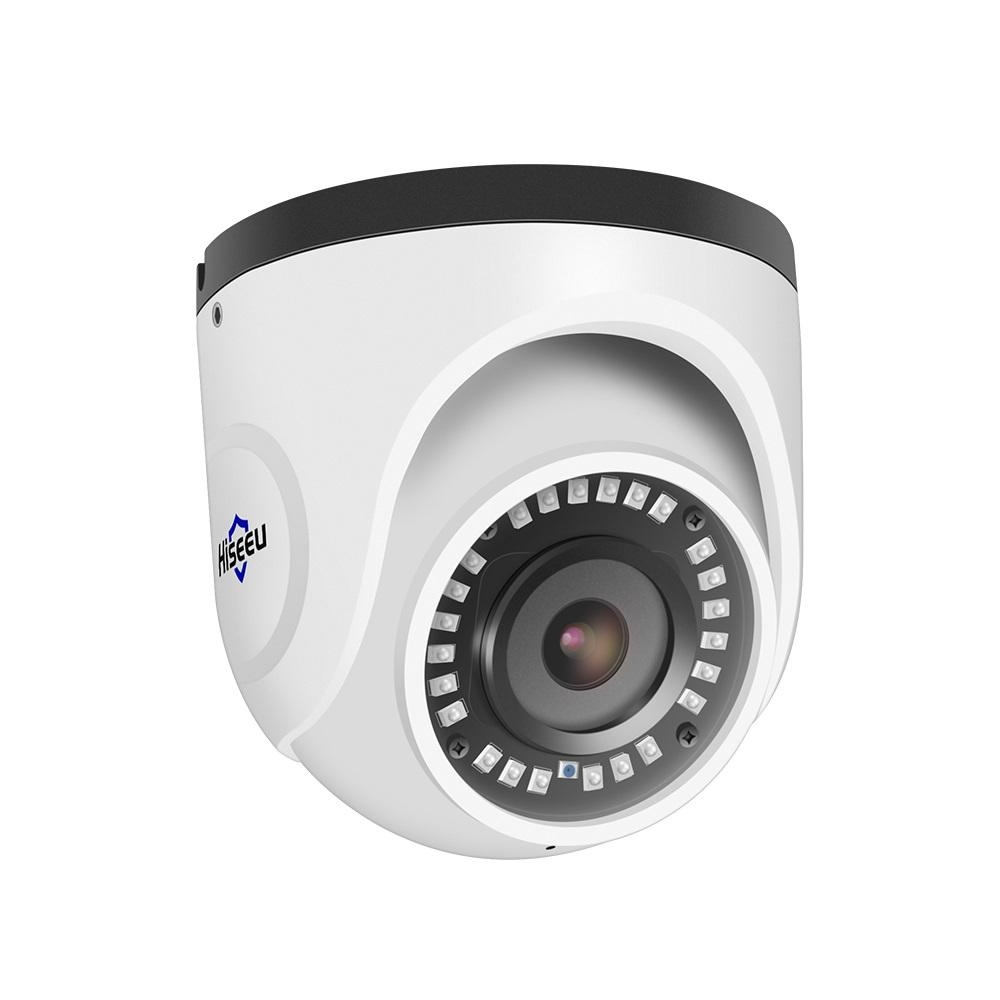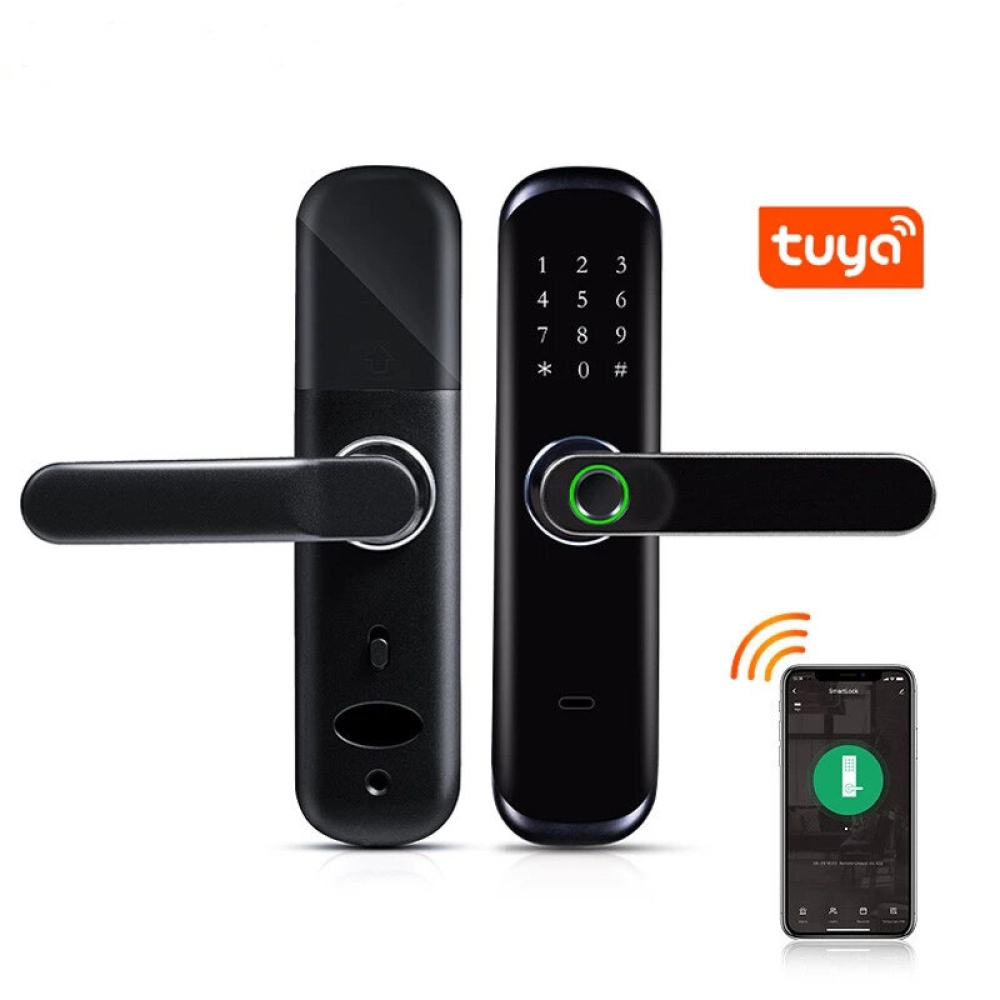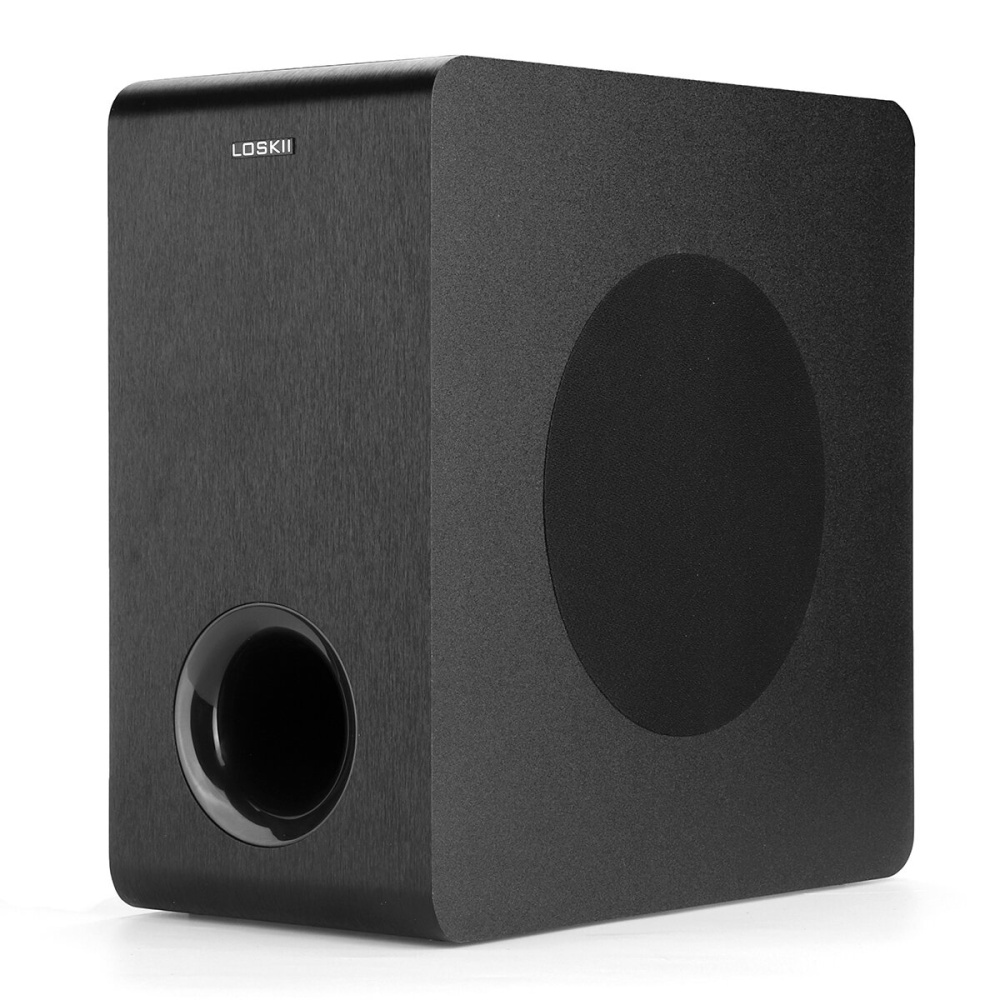Description
Description:The ATOM PWM is a single-channel PWM regulate DC Driver with built-in MOSFET load capacity up to 12V@100W, suitable for high-power DC motor PWM speed control and industrial heating wire control applications. Using ATOM LITE as the core controller ( built-in ESP32), it has a wide PWM dynamic adjustment range (eg, frequency of 5 kHz, duty cycle adjustment range 0-100%, resolution up to 13bit), and combined with the built-in WIFI & Bluetooth function, it can also easily achieve remote control. Supports UIFlow graphical programming for easy configuration of signal output and function expansion.
Product Features:
Single channel low latency PWM signal outputHigh power MOSFET, output capacity 12V@100WReserved 1xGROVE expansion interfaceBuilt-in DC-DC (12V->5V) conversion circuitEasy installation, simple operationAll-in-one design with protective coverDevelopment platform: Arduin0/UIFlow
Specification:
Driver Chip: EG27324MOSFET: FDD8447LMaximum Output Power: 100WInput Voltage Range: DC 12V-24VNumber of Drive Channels: 1Net Weight: 28.9gGross Weight: 37.3gProduct Dimensions: 24 x 48 x 18mmPackage Size: 54 x 54 x 20mm
Common Frequency and Resolution:LEDC Clock SourceLEDC Output (PWM) FrequencyHighest ResolutionAPB_CLK (80 MHz)1 kHz1/65536 (16 bit)APB_CLK (80 MHz)5 kHz1/8192 (13 bit)APB_CLK (80 MHz)10 kHz1/4096 (12 bit)RTC8M_CLK (8 MHz)1 kHz1/4096 (12 bit)RTC8M_CLK (8 MHz)8 kHz1/512 (9 bit)REF_TICK (1 MHz)1 kHz1/512 (9 bit)
Applications:
DC motor controlLight controlHeater controlDC Load
Package Included:
1 x ATOM PWM1 x ATOM LITE1 x M2 Hex Wrench1 x M2*8 cup head Machine screw1 x 3.96-4P terminal1 x TYPE-C USB data cable (20cm)
Pin Mapping:
ATOM: EG27324G22: INA
Schematic:
Related Links:
Datasheet
FDD8447LEG27324ME3116AM6G
ExampleUIFlowView UIFlow-PWM control documentation
Arduin0
#include <Arduin0.h>
#define SIGNAL 22
int freq = 10000;int ledChannel1 = 0;int resolution = 10;
void setup() { ledcSetup(ledChannel1, freq, resolution); ledcAttachPin(SIGNAL, ledChannel1);}
void loop() {
for(int i=0; i < 500; i++){ ledcWrite(ledChannel1, i); delay(2); }
for(int i=500; i > 0; i--){ ledcWrite(ledChannel1, i); delay(2); }}

